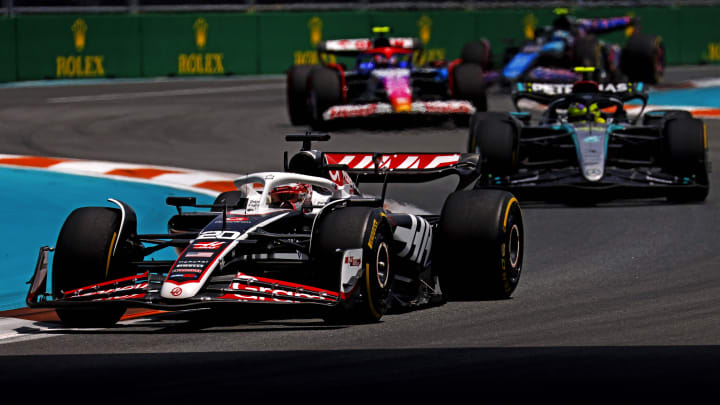F1 News: FIA To Test New Car Changes At Dutch GP After 2023 Qatar Race Raised Serious Concerns

Following a punishingly hot 2023 Qatar Grand Prix, where drivers faced severe health complications due to the scorching temperatures, the FIA will introduce and test a revolutionary in-cockpit air conditioning system, as reported by Autosport. During the race, which never saw temperatures fall below 31°C even at night, Williams' Logan Sargeant suffered a heatstroke, Alpine's Esteban Ocon vomited in his helmet, and Aston Martin's Lance Stroll experienced brief unconsciousness.
In response, the FIA embarked on consultations with all F1 teams and launched an investigation into measures that can prevent such health risks in future races. This led to the immediate introduction of a rule for 2024 that allows a second cockpit cooling inlet scoop for better airflow. On a more innovative front, the FIA spearheaded the development of a novel in-cockpit air cooling system, designed to maintain driver safety under extreme heat conditions.
The new system involves multiple small conduits around the cockpit that channel cooled air directly to the driver, aiming to combat the high cockpit temperatures directly. This technology will be put to the test at the upcoming Dutch Grand Prix on one of the cars to gauge its effectiveness.
The FIA stated:
“In response to the extreme temperatures experienced at last year’s Qatar GP, the FIA and all F1 teams immediately initiated research to improve the venting and cooling of drivers in such conditions.
“Since then, the technical regulations have been updated to allow the introduction of a passive scoop on top of the cockpit for enhanced ventilation, which teams are strongly encouraged to use.
“These joint research activities have advanced and focused on the development of an active cooling system which would be installed in F1 cars when facing extreme conditions.
“Initial tests and in-situ proof of concept are planned to take place in Zandvoort and upcoming races.
“If these tests prove successful, the FIA will mandate the installation of such an active cooling system in Formula 1 cars in the future when a heat hazard will have been declared.”
